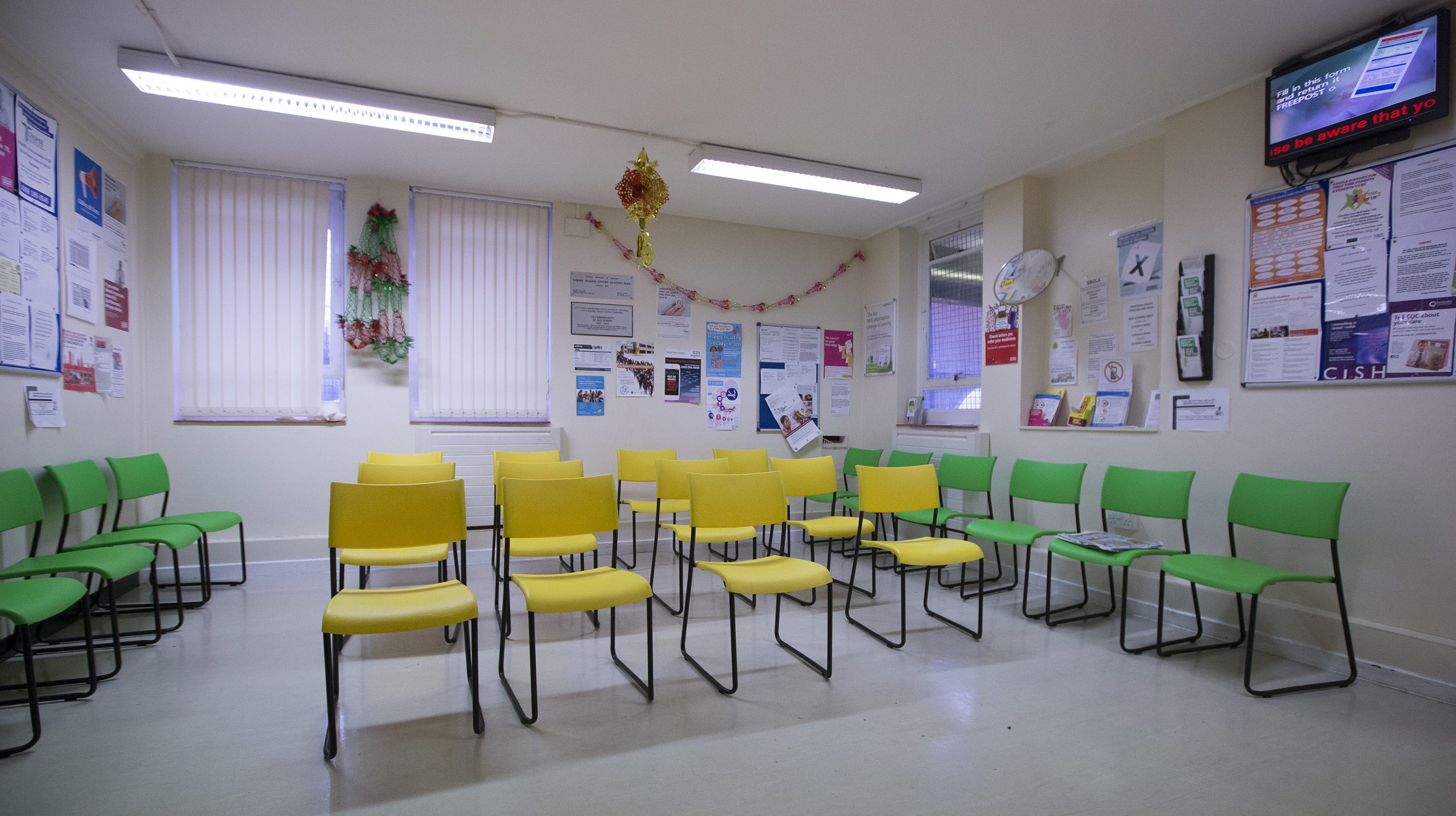It’s no wonder people are turning to private healthcare
Letters to the editor: our readers share their views. Please send your letters to letters@independent.co.uk

I tried to arrange a GP appointment with my local surgery and was told I had to phone in for the few daily appointments that are reserved for emergencies. No appointments were able to be booked before Christmas, the receptionist apologetically explained.
It wasn’t an emergency, but I wanted to see my GP for a face-to-face consultation. I then opted to visit my local pharmacy. The pharmacist was helpful and sympathetic but said I needed to see a GP, as she could not prescribe the medicine herself.
So I am now just one of the millions who can’t be seen. Meanwhile, many are turning to private providers if they are lucky enough to be able to afford it. One major health insurance provider has had to recruit hundreds of additional staff (and cannot offer the customer care they would like) because of the take up by individuals moving from NHS to private.
I splurged out a few hundred pounds today for a consultation and blood test, and was seen by a recently retired NHS GP – one of at least two ex-NHS GPs at this facility who top up their NHS pension. A nice little earner!
But what hope is there for the increasingly two-tier NHS?
Gordon Ronald
Herts
A law unto themselves
Josie Clarke’s report in yesterday’s Independent illustrates – if any evidence were needed – that water companies are a law unto themselves and that Ofwat is toothless and negligent.
It appears that eight of them – including, Affinity, Northumbrian, South West and Yorkshire Water – have not spent the Ofwat-agreed amount on their wastewater services.
When is this government going to bring the water companies to heel? Aided by lax legislation and the indifference of governments, they have polluted our rivers and seas. Public complaints and protests seem to have little or no effect. The failure of governments to properly control water companies has seriously damaged our environment and is putting people’s health at risk.
Nadhim Zahawi intimated over the weekend that President Putin’s regime is probably the cause for the problem. He must live in a wonderful, rose-tinted world where every other person is to blame.
Keith Poole
Basingstoke
First past the post
In Sean O’Grady’s article on Brexit, he says: “The electorate in 2019 decided to put the ‘oven-ready deal’ into the cooker and hope for the best”. That’s not true.
In 2019, the electorate voted mostly in favour of a further referendum or to cancel Brexit; it’s our broken first-past-the-post system that gave Boris Johnson his majority. Proceeding with Brexit at that point without a further referendum was utterly undemocratic and did not represent the will of the people.
Remainers/rejoiners are constantly told to “get over it” because of a democratic decision in 2016 and 2019, when the 2019 vote actually went the other way.
Paul Woodman
Bedfordshire
State vs private education
To the chagrin of those on the left, many parents are able to select a peer group for their children from among families who share their culture and aspirations.
Some do this by spending heavily on a public school education. More do it by commuting to work so that they live in the catchment area for a good state school, or rather they live in an affluent catchment area where children tend to make its state schools seem more accomplished than others. Such commuting has a cost in time, money and fuel, damaging family life and the environment.
To keep up to speed with all the latest opinions and comment, sign up to our free weekly Voices Dispatches newsletter by clicking here
How far would a future Labour government go to average out the effect of what families choose to watch, read and discuss in their own homes, so that background confers no advantage or disadvantage? Will they stop at taxing people for relieving the state from the financial burden of educating their children?
Would they go further and desegregate by bussing children from homes in better-off areas to schools in poorer ones, and vice versa? Perhaps this latter would bring the reality of full integration a little too close for some who support it ideologically.
If we were honest about our reluctance to randomise the mixing of children, we might embrace state schools having equal funding per pupil but free each to adopt their own selection niche. In that way, we might be able to reverse the middle-class flight from inner cities and actually promote social integration more effectively.
John Riseley
Harrogate






Join our commenting forum
Join thought-provoking conversations, follow other Independent readers and see their replies
Comments